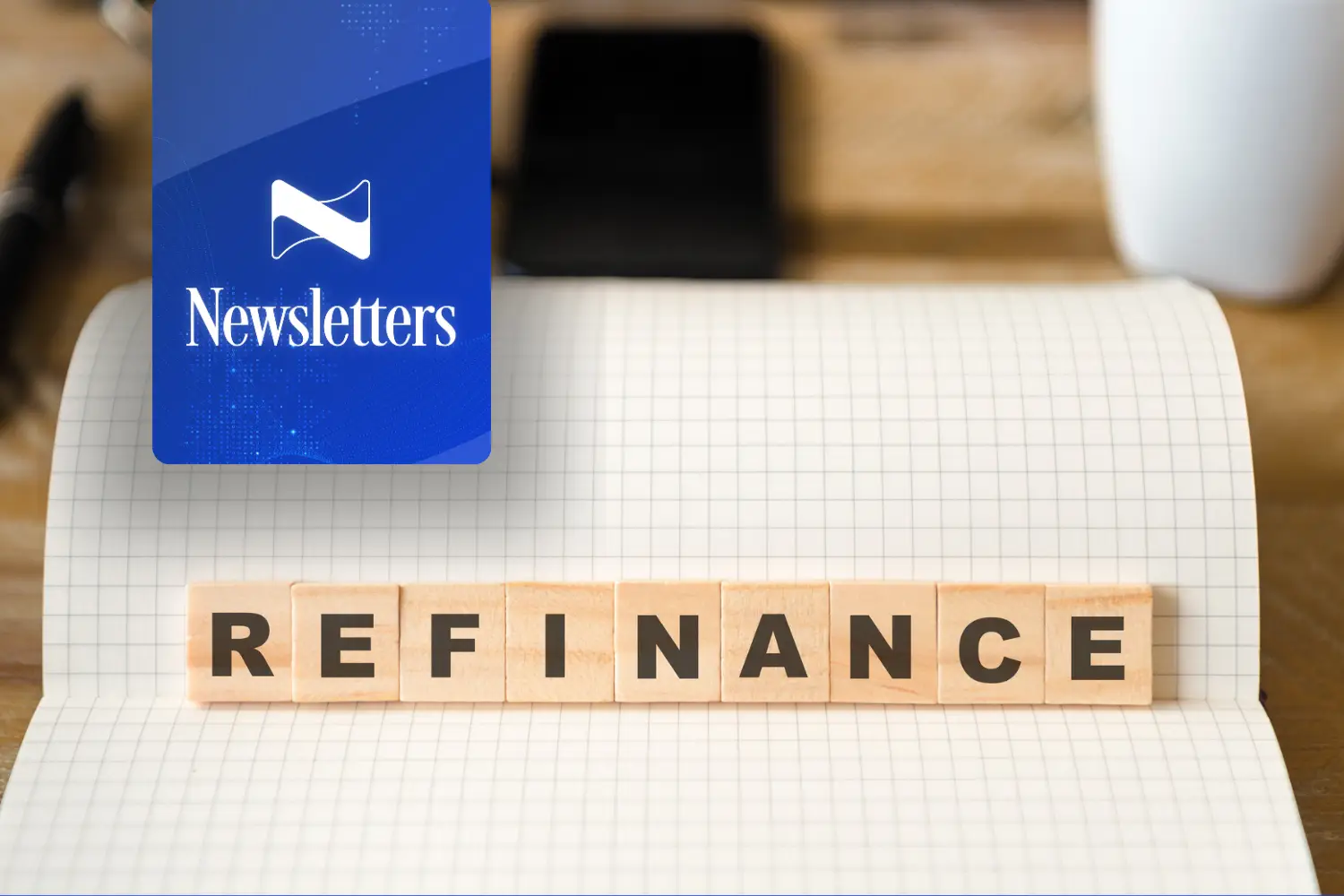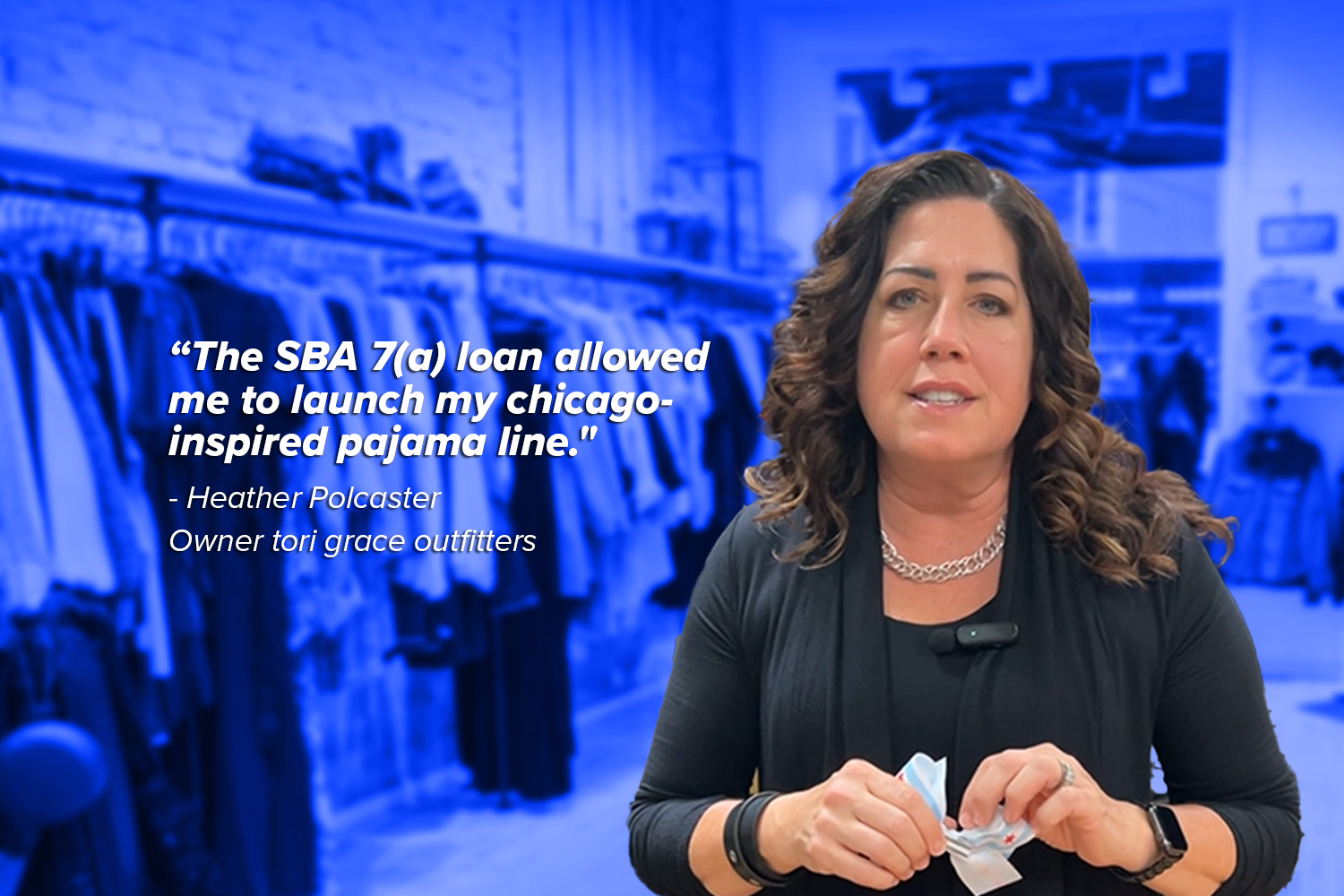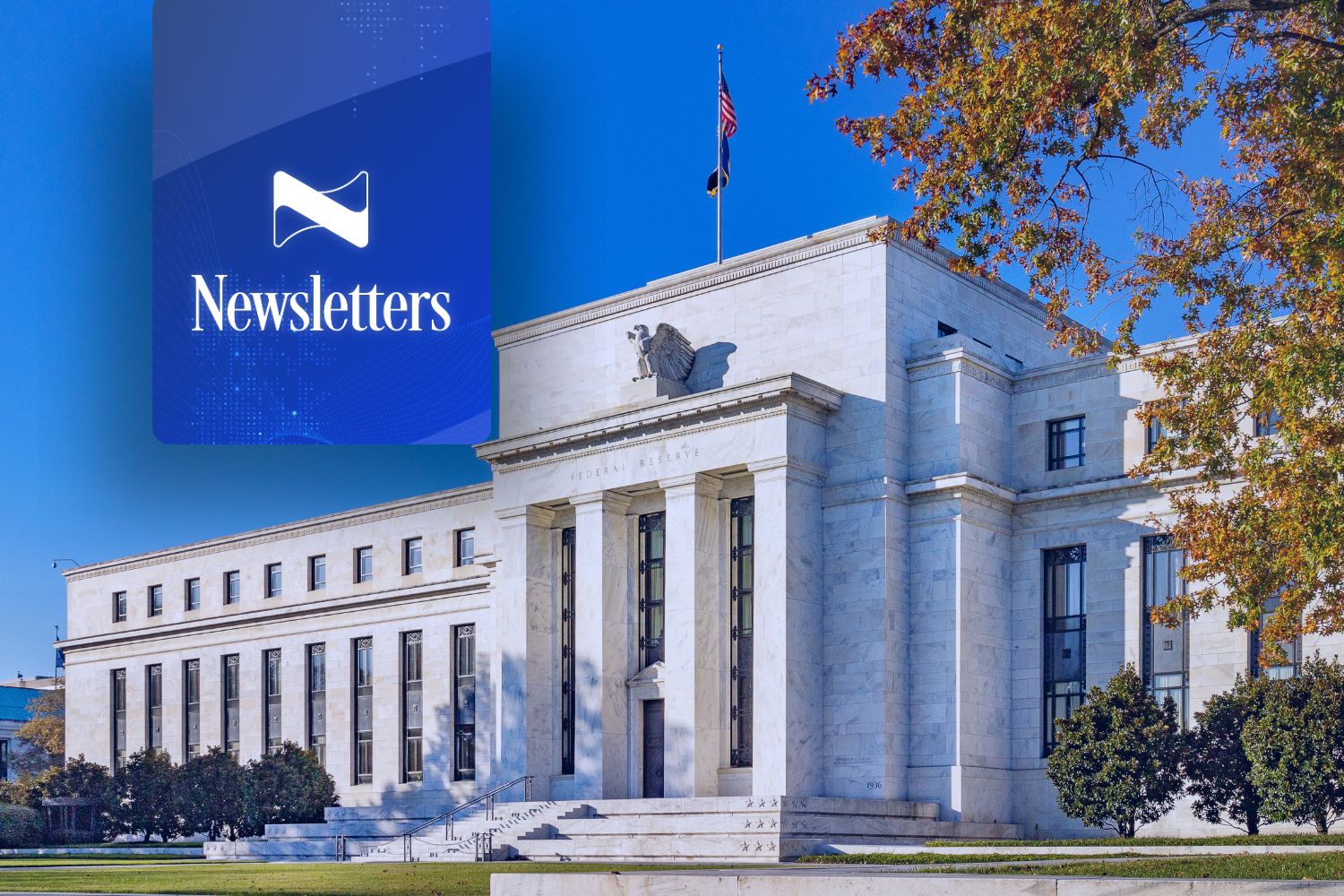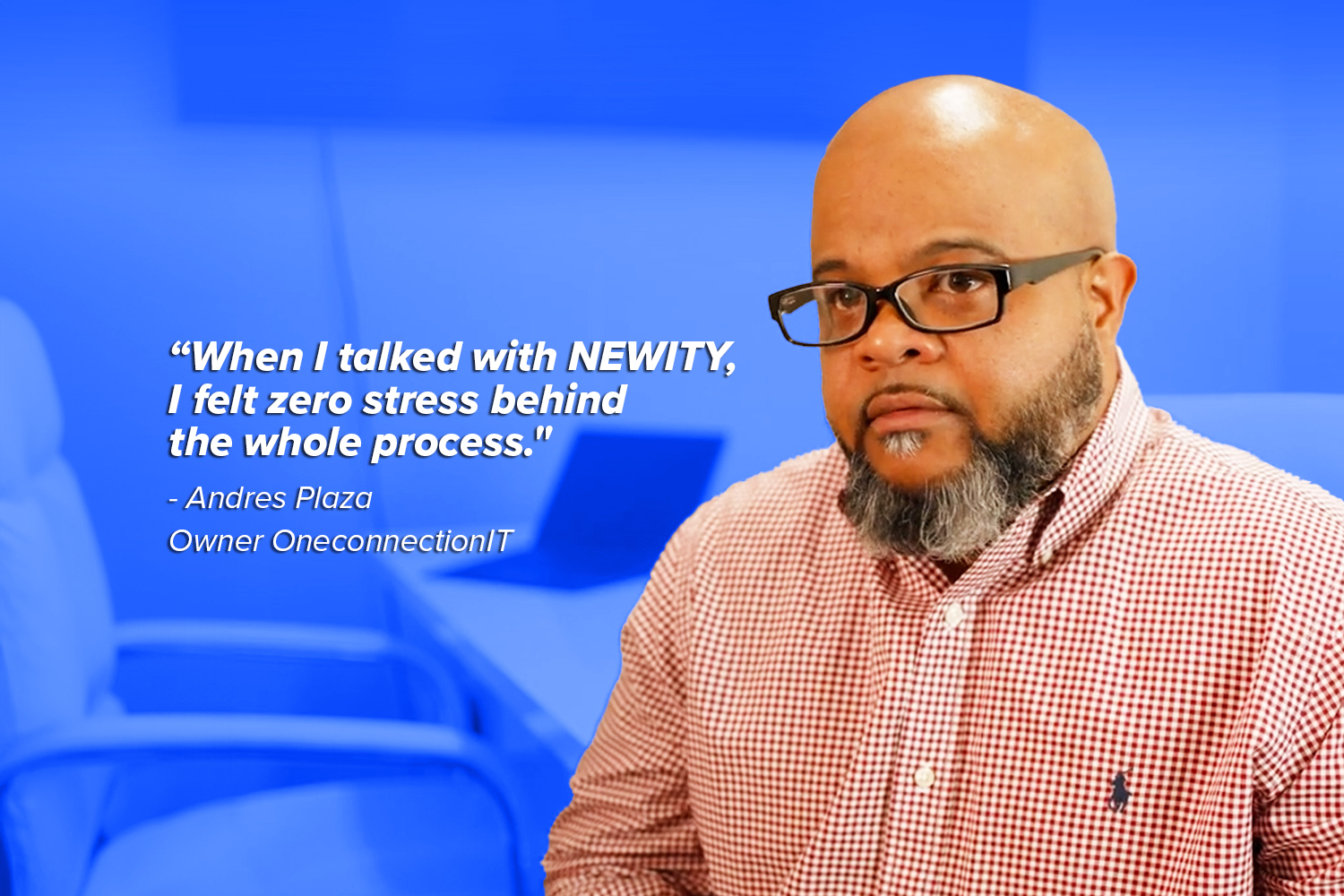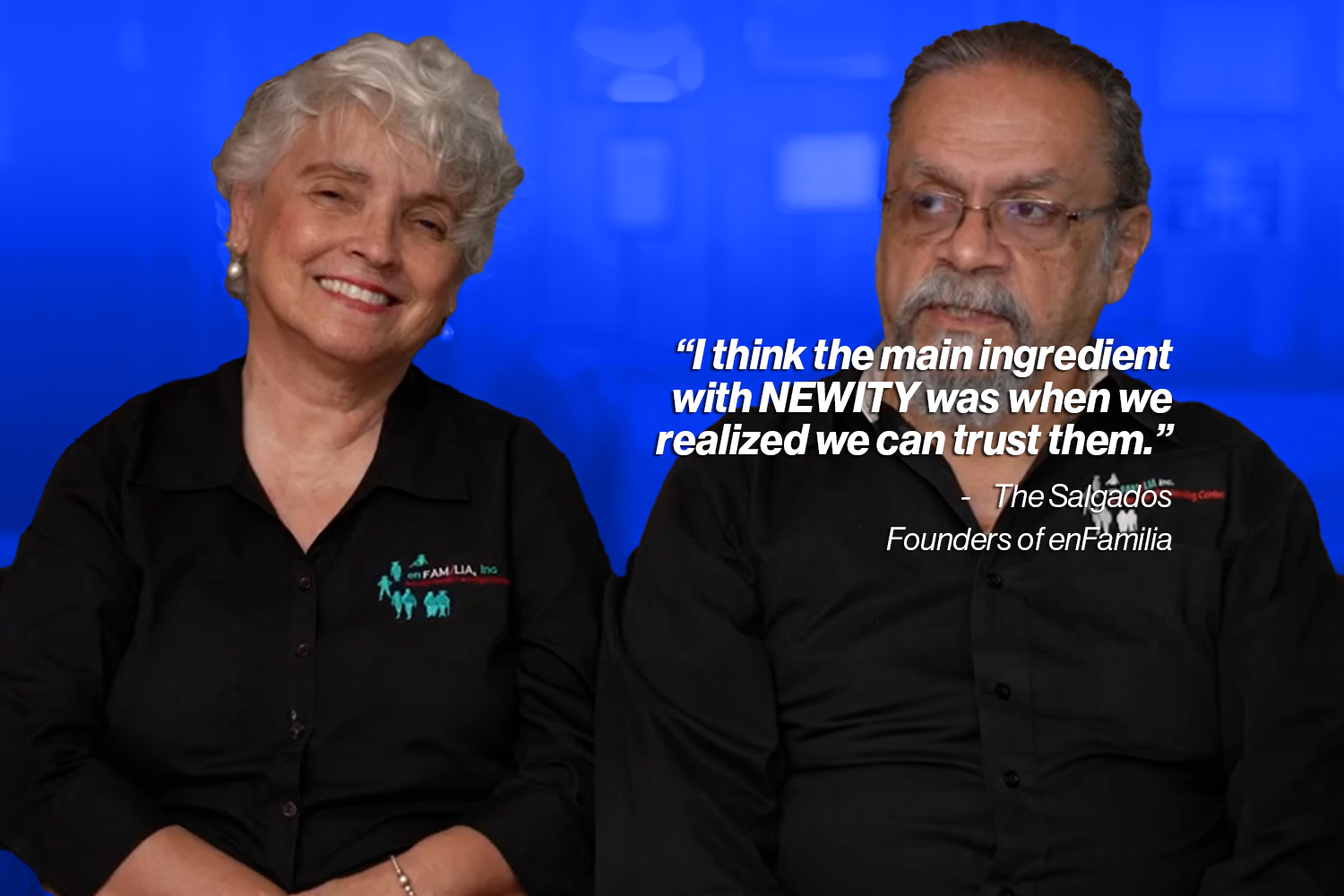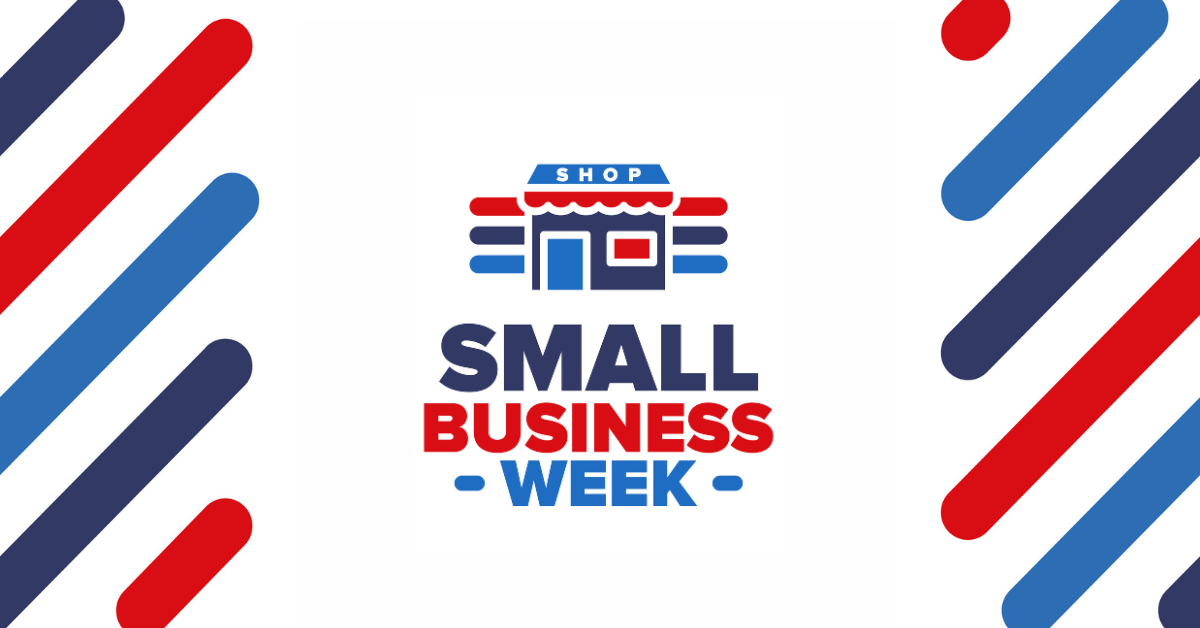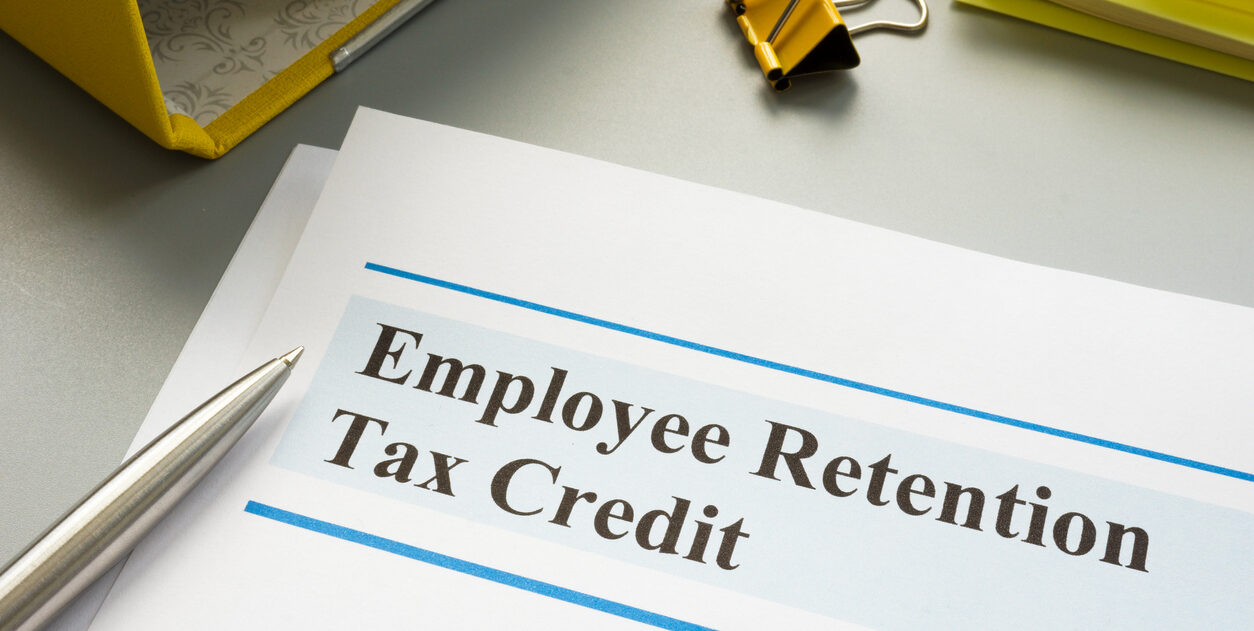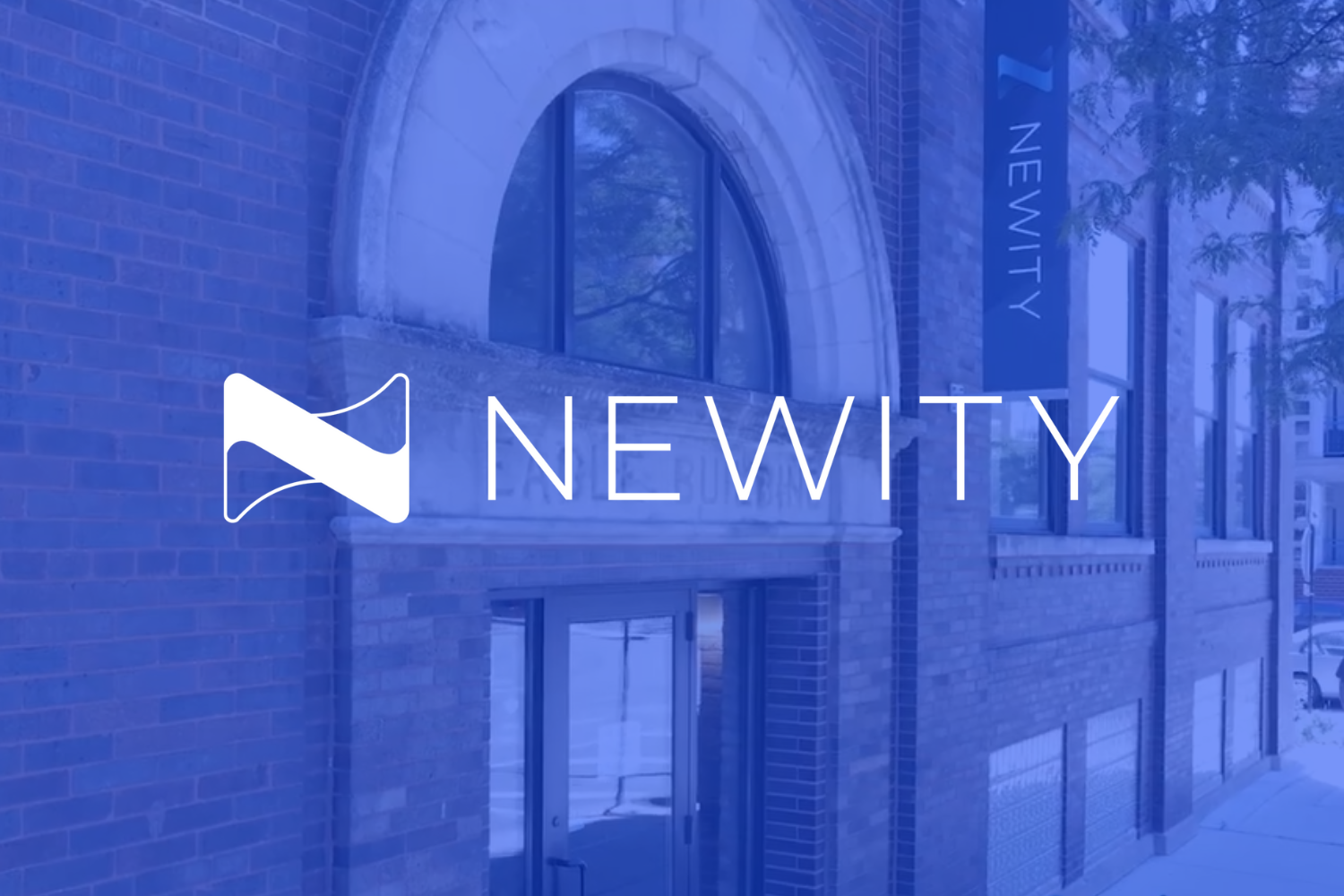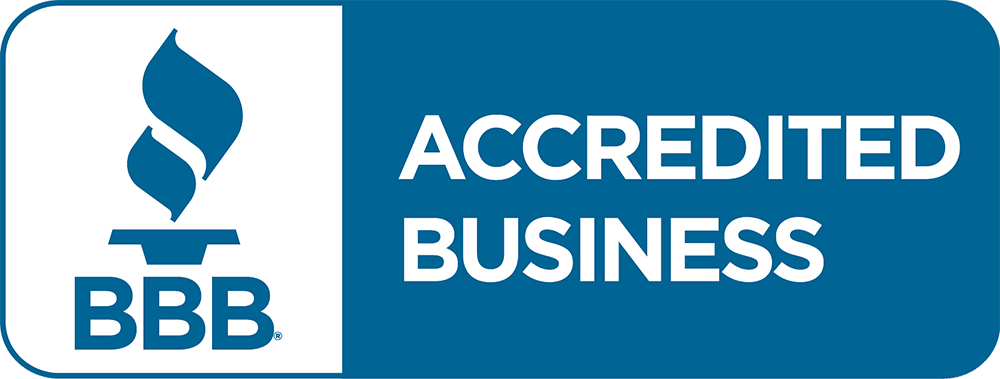The majority of small businesses are aware of the PPP (Paycheck Protection Program) loans that were offered during the COVID-19 crisis. However, businesses may not have heard about 7(a) SBA loans: another SBA loan program designed to help small businesses access financial assistance.
In this article, we’ll walk through the historical context for SBA 7(a) loans during recessions and 4 ways the program can help small businesses during difficult economic times.
Benefits Of 7(a) Loans During A Recession
We covered all the details of 7(a) loans and how to apply in 30 minutes or less in our last Insight. Now, let’s talk about how they can benefit small business owners specifically during a downturn.
First, it’s helpful to know that 7(a) loans are proven to be impactful during a recession. A paper in the Oxford Academic Journal Review of Finance titled Small Business Lending in Financial Crises: The Role of Government-Guaranteed Loans found that during the 2007-2009 financial crisis, areas with more SBA 7(a) lenders experienced:
- 2.2% increase in small business loan volume
- 3.7% increase in small firm employment
- 3.5% increase in establishments
- Lower loan default rates
The conclusion of the paper was that “targeted government support can play a beneficial role in the presence of private credit market frictions, especially when bank capital is limited and small business financial constraints are severe.”
If another recession should come, or if one is already underway, we have solid evidence that 7(a) loans are helpful to small businesses, communities, and the economy at large.
For small business owners specifically, here are the 4 key benefits of 7(a) loans:
1. SBA loan guaranty percentages
Currently, there is a guaranty percentage of 85% by the SBA for working capital loans up to $25,000. This means that the federal government backs the 7(a) loan, creating less risk for the lender. With this additional protection, an SBA loan application is more likely to be approved than a private bank loan.
Guaranty percentages have also been raised in previous years and recessions, so we could see this rate increase if a downturn should accelerate.
2. Favorable terms
The 7(a) SBA loan program is the most popular choice and the US government’s primary offering for business financing. This isn’t surprising, as the program offers very favorable terms for businesses who may have had difficulty obtaining funding elsewhere.
Although NEWITY offers loans up to $250,000, for $25k or less working capital loans the 7(a) loan terms are as follows:
- Term: 10 years
- Interest Rate: WSJ Prime + 2.75%
- Approximate Monthly Payment: $300 for $25,000
- No SBA Guaranty Fee
- Allowable Uses: Working Capital
3. SBA fee waivers
The SBA generally charges a guarantee fee of 2% to 3.75% of the guaranteed amount of the loan. However, as we saw during the COVID-19 crisis, the SBA fees can be subsidized (i.e. borrowers receive a “fee waiver”) when Congress decides to provide for it through legislation like the CARES Act of March 2020.
In these cases, the cost of securing SBA loans is reduced, making the option even more attractive to small business owners. (For $25k or less working capital loans, there is currently no SBA guaranty fee).
4. Steady supply despite fluctuations in demand
During a downturn, there is typically a lower supply of business loans available for small businesses by traditional banks as they tighten their credit and underwriting standards.
At the same time, there can be low demand for business loans among small businesses because they worry about their ability to repay.
During uncertain times, SBA 7(a) loans stay the course because the eligibility and documentation requirements remain the same. That continuity is a lifesaver when things get volatile. Even when small businesses are feeling the effects of a recession, they can obtain financing through an SBA lender vs. traditional banks as long as they meet those eligibility criteria.
You can easily start the application process for a 7(a) loan today in less than 30 minutes. Even during a recession, the SBA and NEWITY will be here to help you navigate.
Connect with NEWITY to see how a 7(a) working capital loan can help your business thrive in the years to come.

